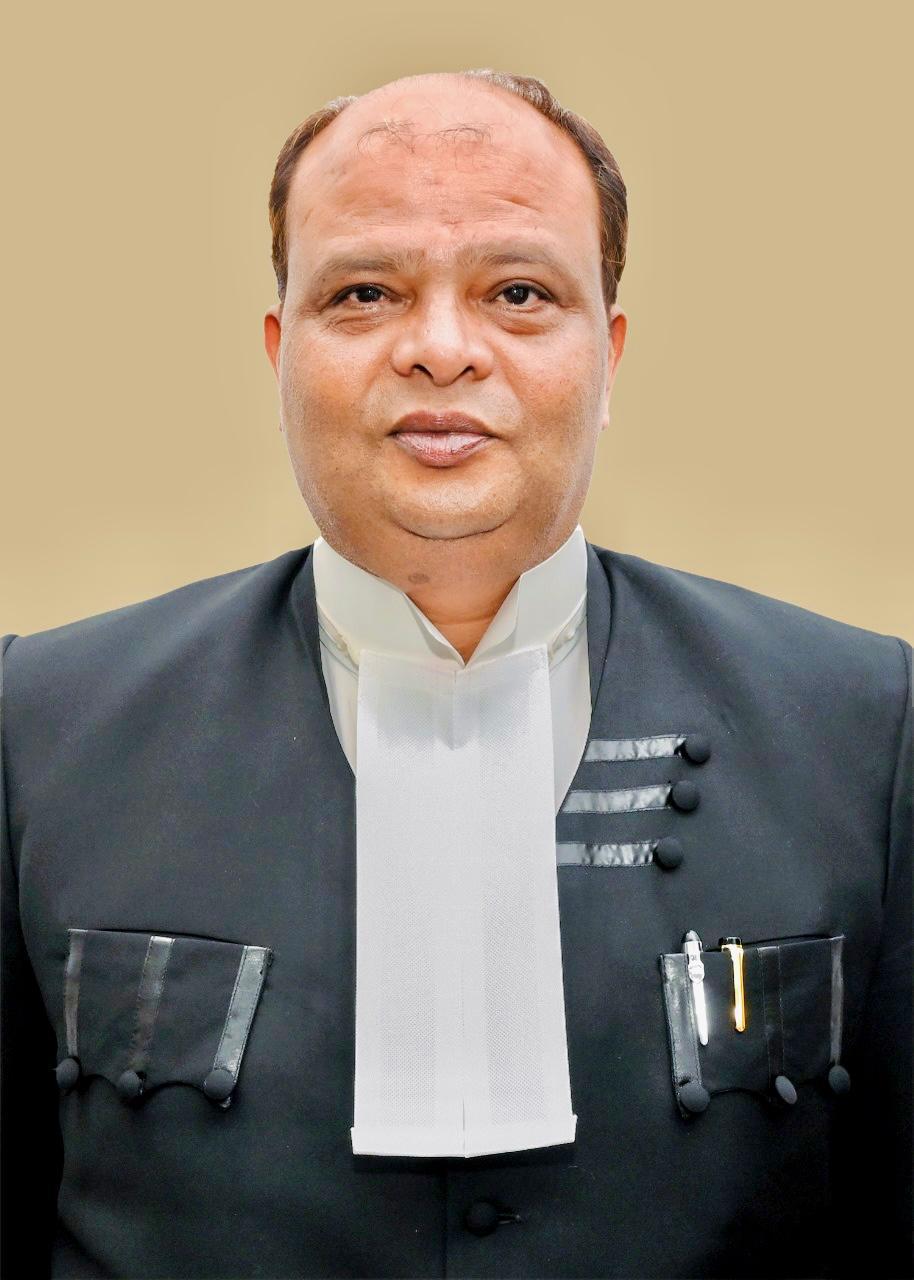Allahabad HC Sets Aside Afzal Ansari's Conviction, Allows Him to Continue as MP

In a recent ruling, the Jharkhand High Court, dealt with the significant issue of disclosing a victim’s identity in sexual offense cases, examining the intersection of privacy rights and the responsibility of public figures and media. Justice Arun Kumar Rai, presiding over the case, upheld the charges framed against the petitioner, Dr. Irfan Ansari, under various legal provisions, including Section 228-A of the Indian Penal Code (IPC), Section 74 of the Juvenile Justice Act, 2015, and Section 23 of the Protection of Children from Sexual Offences (POCSO) Act, 2012.

The case originated from an incident that occurred in 2018 when a minor victim of sexual assault was brought to Sadar Hospital, Jamtara, for treatment. The petitioner, Dr. Irfan Ansari, a local Member of the Legislative Assembly (MLA), allegedly visited the hospital with his supporters, took the name, address, and photograph of the victim, and subsequently forwarded these details to a WhatsApp group called "Nala News," which included various members.
The ASI (Assistant Sub-Inspector) who filed the First Information Report (FIR) claimed that the dissemination of the victim’s identity via WhatsApp was in direct violation of Sections 228-A of IPC, Section 74(1) and 74(3) of the Juvenile Justice Act, and Section 23 of the POCSO Act. The petition sought to quash the charges framed by the Additional Sessions Judge-III, Dumka, but the High Court dismissed the petition, holding that there was sufficient material to establish a prima facie case.
Justice Arun Kumar Rai accentuated the seriousness of the allegations and reviewed the Prima facie evidence presented by the prosecution. The Court relied on the statements of multiple witnesses, including hospital staff, police officials, and media personnel, who corroborated the fact that the petitioner had taken the victim’s photograph and shared it on the WhatsApp group.
One critical witness, Suman Bhattacharya, testified that he managed the "Nala News" WhatsApp group and confirmed that the photographs and personal details of the minor victim were posted from the petitioner’s phone. The content was later deleted, but not before it was seen by several group members. The Court noted that this act fell squarely within the definition of "media" under Section 23 of the POCSO Act, as it involved the dissemination of information via social media platforms.
The petitioner’s defense argued that the phone from which the messages were sent was being used by his secretary, Tarkeshwar Rai, and that the petitioner had no direct involvement in circulating the victim’s details. However, the Court held that such a defense could not absolve the petitioner at this stage. The concept of criminal liability in such cases is not easily transferable, and even if the secretary had sent the messages, the petitioner’s role could not be dismissed without a full trial.
The Court referred to multiple legal precedents to justify its decision:
- State of Maharashtra v. Som Nath Thapa (1996) 4 SCC 659: The Court reiterated that at the stage of framing charges, the test is whether there is sufficient ground to presume that the accused has committed the offense. A detailed inquiry into the evidence is not required at this stage, but the material must reasonably connect the accused with the crime.
- Amit Kapoor v. Ramesh Chander (2012) 9 SCC 460: The Court highlighted that if strong suspicion exists that the accused committed an offense, the charges must be framed, and it is not open to the court to decline framing charges based on mere possibilities of innocence.
- Nipun Saxena v. Union of India (2019) 2 SCC 703: This case established the importance of protecting the identity of victims of sexual offenses. The Supreme Court, in this case, held that any act that directly or indirectly discloses the identity of a victim is an offense, reinforcing the statutory prohibitions under Section 228-A IPC and the POCSO Act.
In dismissing the criminal revision petition, the Jharkhand High Court emphasized the importance of protecting the privacy and dignity of victims, especially minors. The Court held that there was sufficient evidence to support the charges under the IPC, Juvenile Justice Act, and POCSO Act, and that the trial should proceed without interference.
Case Details-Dr. Irfan Ansari v. State of Jharkhand, Cr. Revision No. 1254 of 2022,
Advocates for the Petitioner: Mr.Indrajit Sinha, Mr.Kumar Rahul Kamlesh.
Advocate for the Respondent: Mr. P.C. Sinha, AC to GA-III.
Asmi Desai
Advocate, High Court
Latest Posts
Categories
- International News 19 Posts
- Supreme Court 352 Posts
- High Courts 366 Posts




























































































































































































































































































































































































































































































































































































































































































































































